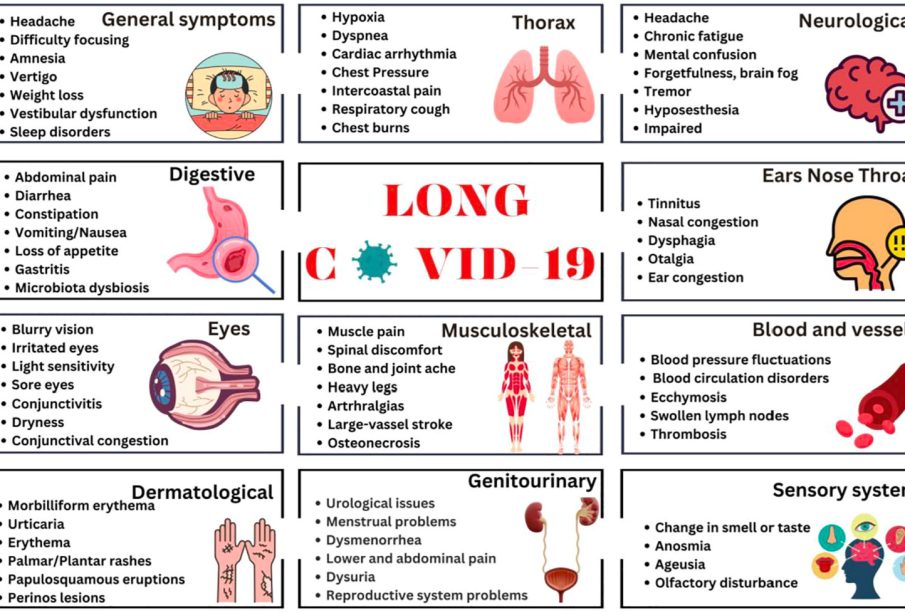Understanding New COVID Symptoms: What You Need to Know

Introduction
The COVID-19 pandemic has continued to evolve since its onset in late 2019, with health organisations constantly updating their understanding of the virus. One key area of focus is the emergence of new symptoms associated with COVID-19 infections. As variants of the virus spread, more symptoms have been reported by patients, making it crucial for individuals to stay informed.
New Symptoms Reported
According to recent studies and updates from the UK Health Security Agency (UKHSA), a variety of new symptoms have been associated with the latest COVID variants, particularly the Omicron variant. Symptoms such as sore throats, muscle aches, fatigue, and headaches have been increasingly reported, diverging from the more classic symptoms of cough, fever, and loss of taste or smell that characterised earlier strains of the virus.
Research conducted by King’s College London highlighted that many patients experiencing Omicron infections reported cold-like symptoms rather than severe respiratory distress. The study emphasised that symptoms like runny noses and sneezing, previously less common in COVID cases, are now more frequently observed.
Public Health Implications
The emergence of new COVID symptoms has significant implications for public health strategies. Health experts urge that these new symptoms might lead to an increase in the number of individuals seeking testing, which could strain healthcare resources. Enhanced awareness among the public is essential, as many people may dismiss mild symptoms as mere colds or allergies.
In light of these findings, officials are promoting the importance of vaccination and booster shots, as these measures continue to prove effective against severe illness from COVID-19. Symptoms should prompt individuals to stay vigilant and seek testing if they experience any symptoms resembling those associated with COVID.
Conclusion
The ongoing adaptations of COVID-19 highlight the necessity for public awareness and education regarding its symptoms. As new variants emerge and symptoms evolve, it is vital for individuals to remain informed and proactive about their health. Keeping up to date with the latest guidance from health authorities can play a crucial role in managing not just individual well-being but also community health in these challenging times. Predictions suggest that the landscape of COVID-19 symptoms will continue to change, underscoring the importance of vigilance and continued research.









